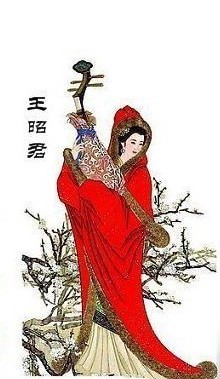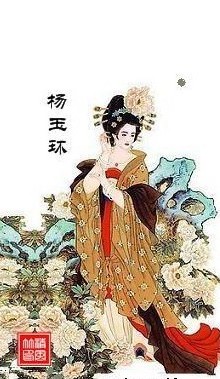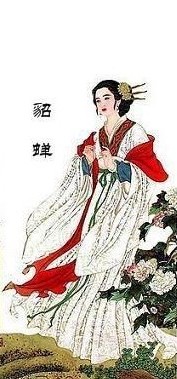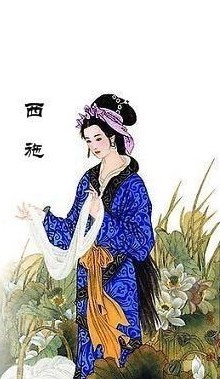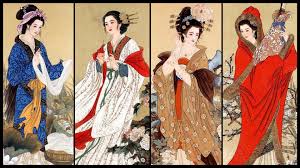Mingbai: The four legendary beauties of ancient China
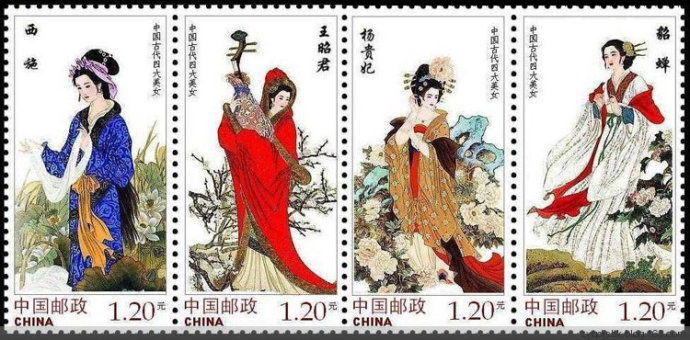
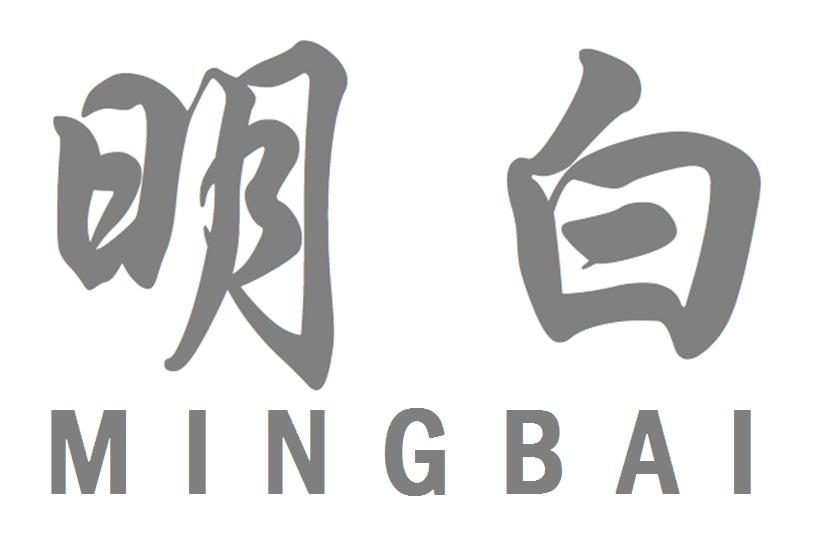 Mingbai (明白, meaning “understand”), written by Christian Føhrby and Deng Jie, is a daily newsletter that drops knowledge on things “everyone in China knows, but almost nobody outside the country knows.” Sign up for their newsletter at GetMingbai.com.
Mingbai (明白, meaning “understand”), written by Christian Føhrby and Deng Jie, is a daily newsletter that drops knowledge on things “everyone in China knows, but almost nobody outside the country knows.” Sign up for their newsletter at GetMingbai.com.
四大美女 (Sì Dà Meĭnǚ), the Four Great Beauties, are legendary Chinese women, all of whom have inspired idioms that are used to describe people who are exceptionally beautiful.
Because of their beauty, they have been involved in great love stories, wars, and imperial feuds, inspiring the phrase 倾城倾国 (qīngchéng qīngguó), roughly meaning “so beautiful that she lays waste to cities and lands.”
~
Wang Zhaojun 王昭君
Wang Zhaojun was so beautiful that birds would forget to flap their wings and fall out of the sky.
Idiom: 昭君落雁 Zhāojūn luòyàn
When she arrived at the emperor’s court as a concubine, she refused to bribe the imperial portrait maker as most other concubines did, so he painted her ugly, and she was never called by the emperor. When the Xiongnu 匈奴 King of the North wanted a wife in return for peace, the emperor offered him Zhaojun, thinking himself clever, and only realized when it was too late that she was the most beautiful one of them all! But, hey, at least he had no more problems with the Xiongnu.
~
Yang Guifei 杨贵妃
Yang Guifei’s face made all the flowers hide away in embarrassment when she walked by.
Idiom: 貴妃羞花 Guìfēi xiū huā
Although she was first married to the emperor’s son, the emperor changed his mind, made her a nun, and then stealthily married her himself (finding someone else for the prince, of course). He promoted her entire family to high offices to show his love for her — but they horribly mismanaged their power, causing a rebellion that nearly cost the emperor his throne. There’s a really famous opera about Yang Guifei gradually getting drunk on wine, Guifei Intoxicated (貴妃醉酒 Guìfēi zuìjiǔ).
~
Diao Chan 貂蟬
Diao Chan was so radiant that the moon itself would hide away in shame upon seeing her.
Idiom: 貂蟬閉月 Diāochán bì yuè
Famous through the classical novel Romance of the Three Kingdoms, Diao Chan was key to helping the good guys break up the unbeatable alliance between the tyrannical marionetteer Dong Zhuo 董卓 and his expert fighter and foster son, Lü Bu 呂布. She was promised to both, and Lü Bu killed Dong Zhuo to get her for himself.
~
Xi Shi 西施
Xi Shi was so beautiful that when fish saw her reflection in the water, they would forget how to swim and sink to the bottom of the lake.
Idiom: 西施沉魚 Xīshī chén yú
The King of Yue (a kingdom south of present-day Shanghai, about 500 B.C.) spotted Xi Shi’s effect on fish and decided it would help him beat his ancient enemy, the King of Wu. He arranged for the young Xi Shi to be given to the King of Wu in marriage, and lo and behold, Wu crumbled as its regent spent all his time fawning over his new wife instead of governing!
Whether they were pawns in a medieval man’s game, or whether they were indeed movers and shakers of ancient China in their own right, it is certain that the Four Beauties are known by every Chinese schoolchild, and that they will continue to inspire movies, series, and pop culture for centuries to come.
Come back next Wednesday for more Mingbai, and remember to sign up for its daily newsletter.
